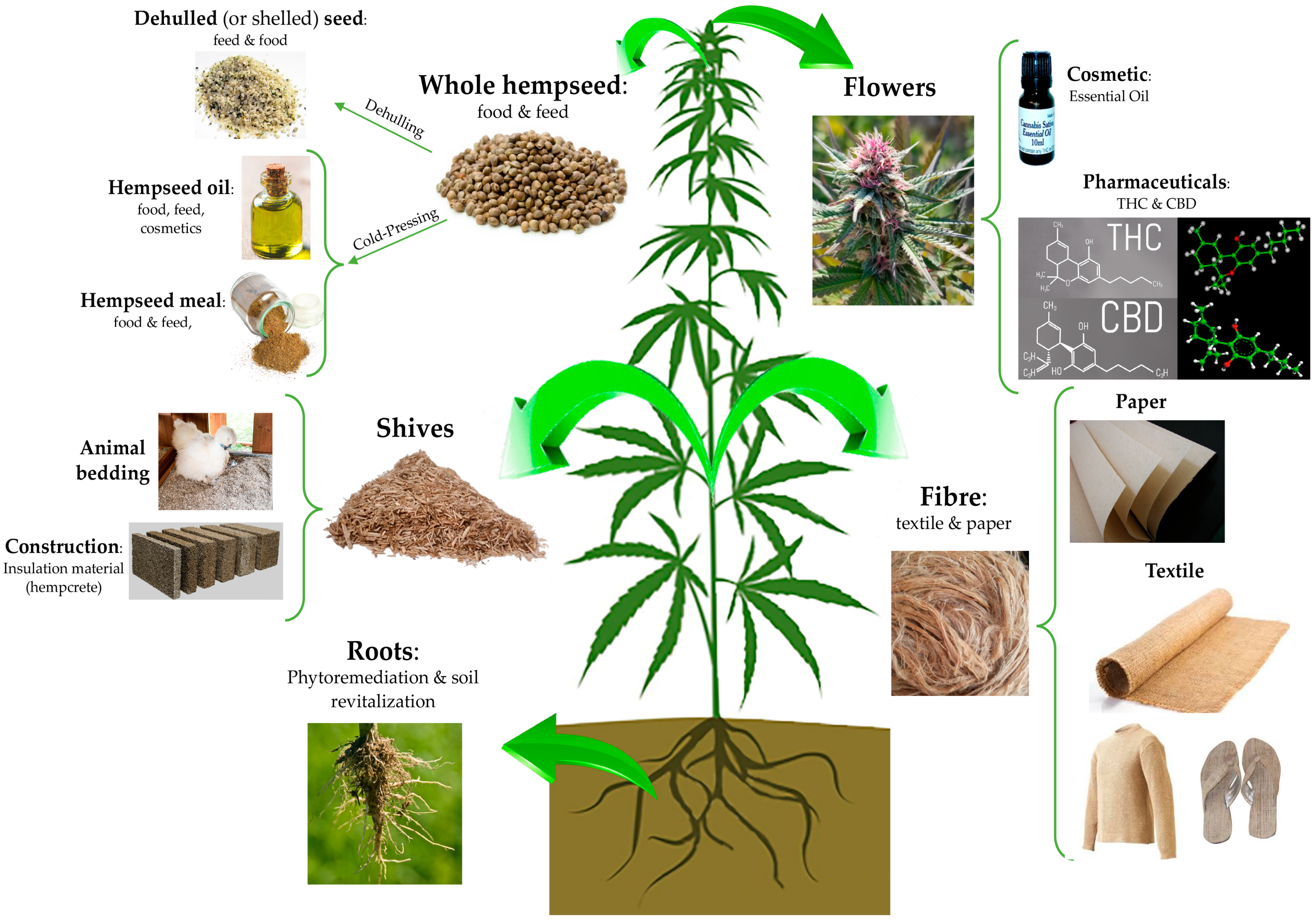“Aims
To evaluate the prevalence of electrocardiogram (ECG) abnormalities in marijuana users as an indirect measure of subclinical cardiovascular disease (CVD).
Findings
Among the 2,585 participants with an ECG at Year 20, mean age was 46, 57% were women, 45% were black. 83% had past exposure to marijuana and 11% were using marijuana currently. One hundred and seventy‐three participants (7%) had major abnormalities and 944 (37%) had minor abnormalities. Comparing current with never use in multivariable‐adjusted models, the OR for major ECG abnormalities was 0.60 (95% CI: 0.32 to 1.15) and for minor ECG abnormalities 1.21 (95% CI: 0.87 to 1.68). Results did not change after stratifying by sex and race.
Cumulative marijuana use was not associated with ECG abnormalities.
Conclusion
In a middle‐aged US population, lifetime cumulative and occasional current marijuana use were not associated with increases in electrocardiogram abnormalities. This adds to the growing body of evidence that occasional marijuana use and cardiovascular disease events and markers of subclinical atherosclerosis are not associated.”
https://onlinelibrary.wiley.com/doi/abs/10.1111/add.15188?af=R


 “HIV/SIV-associated oral mucosal disease/dysfunction (HAOMD) (gingivitis/periodontitis/salivary adenitis) represents a major comorbidity affecting HIV patients on anti-retroviral therapy.
“HIV/SIV-associated oral mucosal disease/dysfunction (HAOMD) (gingivitis/periodontitis/salivary adenitis) represents a major comorbidity affecting HIV patients on anti-retroviral therapy. “Phytocannabinoids are bioactive natural products found in some flowering
“Phytocannabinoids are bioactive natural products found in some flowering  “Deposition of amyloid-beta (Aβ) peptide in the brain is the leading source of the onset and progression of Alzheimer’s disease (AD). Recent studies have suggested that anti-amyloidogenic agents may be a suitable therapeutic strategy for AD.
“Deposition of amyloid-beta (Aβ) peptide in the brain is the leading source of the onset and progression of Alzheimer’s disease (AD). Recent studies have suggested that anti-amyloidogenic agents may be a suitable therapeutic strategy for AD.

 “Objectives: To investigate the action of cannabinoids on spasticity and pain in secondary progressive multiple sclerosis, by means of neurophysiological indexes.
“Objectives: To investigate the action of cannabinoids on spasticity and pain in secondary progressive multiple sclerosis, by means of neurophysiological indexes. “Hempseeds, the edible fruits of the Cannabis sativa L. plant, were initially considered a by-product of the hemp technical fibre industry. Nowadays, following the restorationing of the cultivation of C. sativa L. plants containing an amount of delta-9-tetrahydrocannabinol (THC) <0.3% or 0.2% (industrial hemp) there is a growing interest for the hempseeds production due to their high nutritional value and functional features.
“Hempseeds, the edible fruits of the Cannabis sativa L. plant, were initially considered a by-product of the hemp technical fibre industry. Nowadays, following the restorationing of the cultivation of C. sativa L. plants containing an amount of delta-9-tetrahydrocannabinol (THC) <0.3% or 0.2% (industrial hemp) there is a growing interest for the hempseeds production due to their high nutritional value and functional features.
 “Acute Respiratory Distress Syndrome (ARDS) is a life-threatening complication that can ensue following Staphylococcus aureus infection. The enterotoxin produced by these bacteria (SEB) acts as a superantigen thereby activating a large proportion of T cells leading to cytokine storm and severe lung injury.
“Acute Respiratory Distress Syndrome (ARDS) is a life-threatening complication that can ensue following Staphylococcus aureus infection. The enterotoxin produced by these bacteria (SEB) acts as a superantigen thereby activating a large proportion of T cells leading to cytokine storm and severe lung injury. “Precise cannabis treatment dosing remains a major challenge, leading to physicians’ reluctance to prescribe medical cannabis.
“Precise cannabis treatment dosing remains a major challenge, leading to physicians’ reluctance to prescribe medical cannabis.